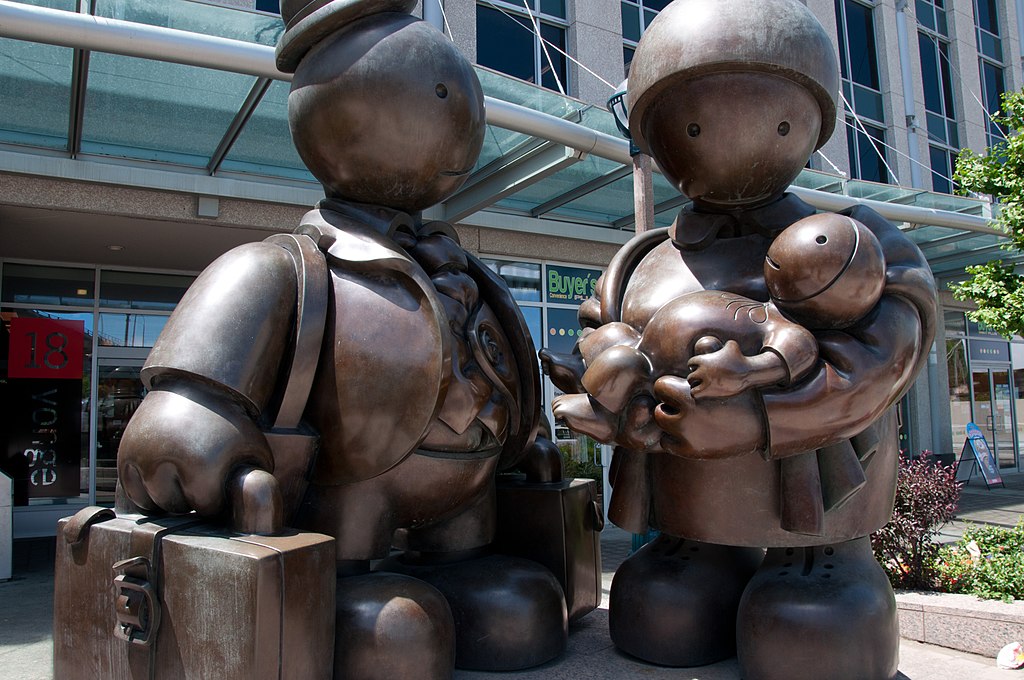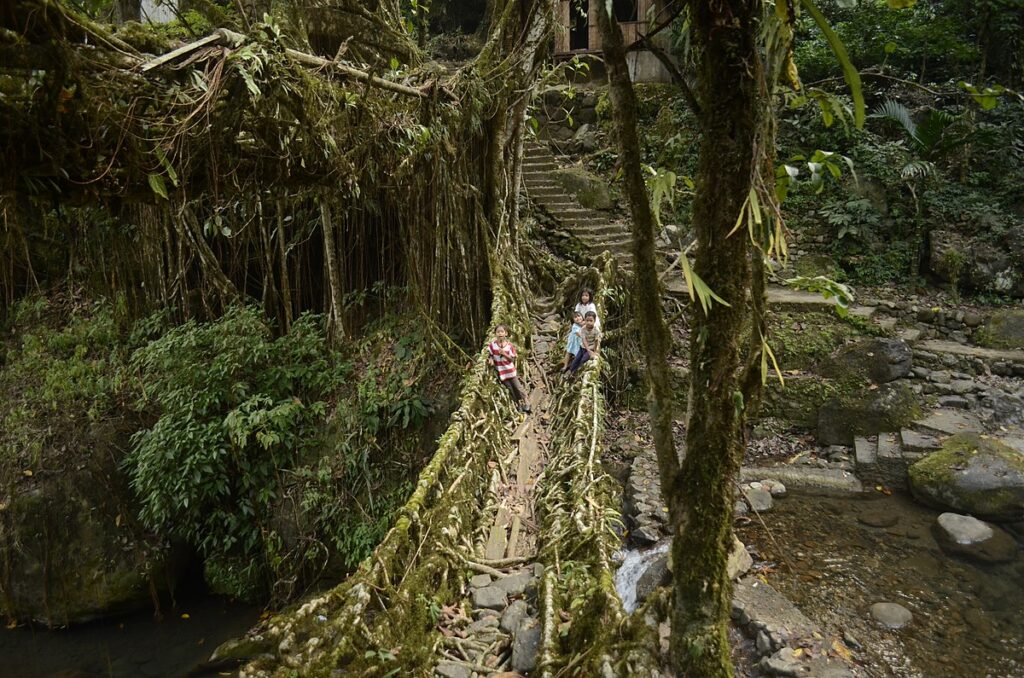Some time ago, my friendship with a lovely Vietnamese family brought me to the Citizenship and Immigration Service (CIS) offices in Atlanta. They came hoping that an interview would finally clinch their status as citizens after a harrowing story that involved war, flight in a flimsy boat, camp life in a detention facility in Hong Kong and now, mercifully, life on a quiet street in Atlanta. I served as a fetish that might somehow assure success in their quest. That I possessed not the slightest hint of influence over any of these matters seemed not to diminish their conviction that I could tip the balance in their favor.
The father had once served as public health doctor in the port of Saigon (now Ho Chi Minh City) tasked with assuring, among other things, a plague-free city. The mother came from a noble family of Catholic martyrs. The father, too old anymore to seek certification to practice medicine in the US, had contented himself with monitoring a rowdy American high school lunch room, while the mother toiled in the school kitchen. Two sons devoted themselves unstintingly to graduate studies.
The waiting area in the CIS office lacked any shred of charm. And the staff, accessorized with heavy-framed glasses, came and went in their suitably dour apparel. But the waiting crowd were a revelation. An intense air of expectation – even anxiety – hung in the air. People arrived early for their appointed hour, all immaculately groomed. Some clutched bus schedules while shuffling their feet. No one came alone. Whatever personal connections could be mustered were in attendance. Children were adorned in Sunday best, straight from the racks at Goodwill. Adults paged through crib sheets of US history and the Constitution.

photo credit: Alexandre Moreau (France)
A muffled announcement would come over the intercom, and half the room would rise in response believing this was their moment. These extraordinary families from the mountains of central Asia, the Amazon, the islets of Micronesia and the misery of ragged camps around the world cared not a whit that their proud names were ritually slaughtered in that waiting room. They retained a full complement of dignity and aspiration, as though the bleating from the intercom was the fairest music on earth.
There could not have been a starker contrast between that bevy of aspirants and the city they wanted so desperately to call home. The pages of the Atlanta Journal Constitution that day, and the thousands who pondered its stories of failing social harmony, of jaded politics and despair would be rank strangers to a CIS waiting room brimming rather with belief, eager energy, wakefulness and promise.
My status as effective fetish was sealed that day when the family received its official handshake from some angelic bureaucrat. And now I cannot help myself from holding tightly my own fetish – that a light shines in the waiting rooms of the CIS.



When my grandmothers, single future dad and mom, and aunts and uncles arrived in Canada in July 1924 from former Imperial then birthing communist Russia, they felt they had arrived on sacred land, a second chance at life. Thanks be to God!
Keep writing!
a lovely story, Jonathan. Our own immigration story on behalf of our son Thulani happened in Anchorage, Alaska, in a courtroom, when he was 2 years old. Much less fraught, but no less hopeful!